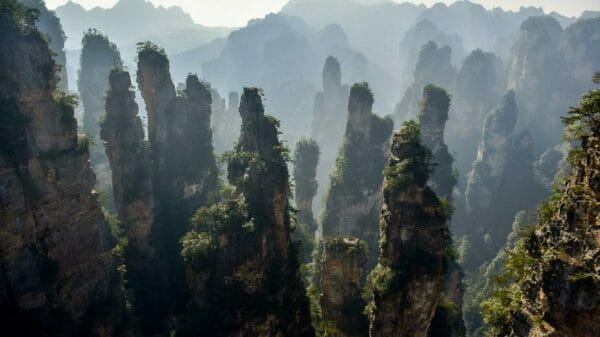Biodiversity conservation entails safeguarding the wide range of life forms on our planet, encompassing different species, ecosystems, and genetic diversity within species. The significance of biodiversity conservation cannot be overstated as it directly influences the well-being of the ecosystems that support life on Earth. Human survival is intricately linked to these ecosystems as they provide essential resources like food, water, and medicine, underscoring the urgent need to protect the interconnected web of life that sustains us.
Impact on Human Survival
-
Ensuring Food Security and Nutrition
Biodiversity conservation directly impacts global food security and nutrition by facilitating the production of a wide variety of crops and livestock necessary for a balanced diet. Maintaining a diverse range of species and ecosystems is crucial as monocultures can lead to food shortages and dependency on a single food source, making the global food system vulnerable to disruptions such as crop failures or diseases. Preserving biodiversity ensures access to a range of food sources, reducing the risk posed by such events.
-
Promoting Sustainable Freshwater Resources
Ecosystems play a vital role in the hydrological cycle, responsible for distributing and purifying freshwater. Wetlands, forests, and other ecosystems help filter and purify water and regulate its flow. Conserving biodiversity helps to preserve these ecosystems’ ability to provide clean freshwater resources, especially critical as water scarcity becomes a growing concern, emphasizing the importance of safeguarding biodiversity to protect our freshwater supply.
-
Contributing to Climate Regulation
Biodiversity conservation is closely tied to maintaining global climate stability. Ecosystems like forests, wetlands, and grasslands act as carbon sinks, absorbing and storing carbon dioxide, regulating the Earth’s climate and mitigating the impacts of climate change. The loss of these ecosystems and their inhabitants can lead to the release of stored carbon, worsening climate change effects. Thus, conserving biodiversity is vital for upholding the fragile balance of our climate system.
-
Preserving Medicinal Resources
Nature provides a vast array of medicinal resources, with around 70% of new drugs in the last 25 years derived from natural sources. Earth’s rich biodiversity offers numerous plant and animal species with untapped potential for developing new medicines. Diminishing biodiversity not only limits our ability to find new disease treatments but also jeopardizes human health.
-
Supporting Ecological Services
Biodiversity plays a crucial role in providing essential ecological services like pollination, pest control, and soil fertility, vital for human survival. Pollinators such as bees, butterflies, and bats are integral to food production, while predatory species aid in pest control, safeguarding crops. Diverse soil organisms enhance soil fertility, supporting plant growth. The loss of biodiversity can disrupt these crucial services, posing significant risks to agriculture and human well-being.
-
Preserving Cultural and Aesthetic Values
Biodiversity holds significant cultural and aesthetic value for humans, with many cultures having deep connections to specific species with symbolic or spiritual importance. The diverse beauty of ecosystems can inspire and uplift people. Conserving biodiversity ensures that future generations can continue to cherish the wonders of the natural world and its benefits.
The critical importance of biodiversity conservation for human survival is evident across various aspects of our lives. It impacts food security, freshwater resources, climate regulation, and medicine development, emphasizing the necessity of protecting the diverse species and ecosystems on Earth to maintain the delicate balance that sustains life. Recognizing the value of biodiversity and taking steps to preserve it not only secures a sustainable future for us but also ensures the perpetuation of the intricate interconnected web of life that defines our planet.
Image Source: Chinnapong / Shutterstock





































